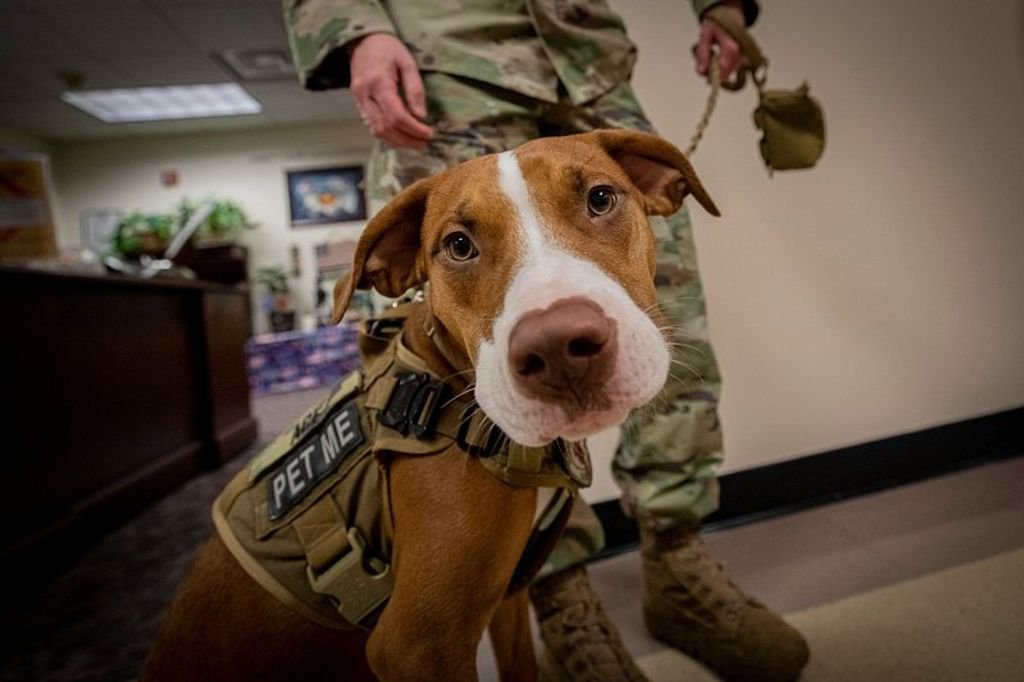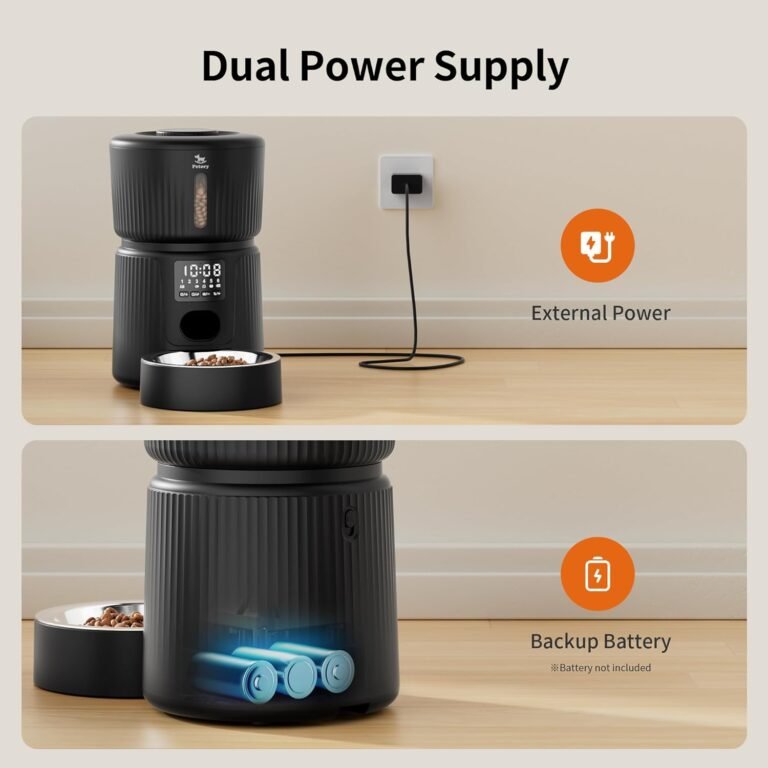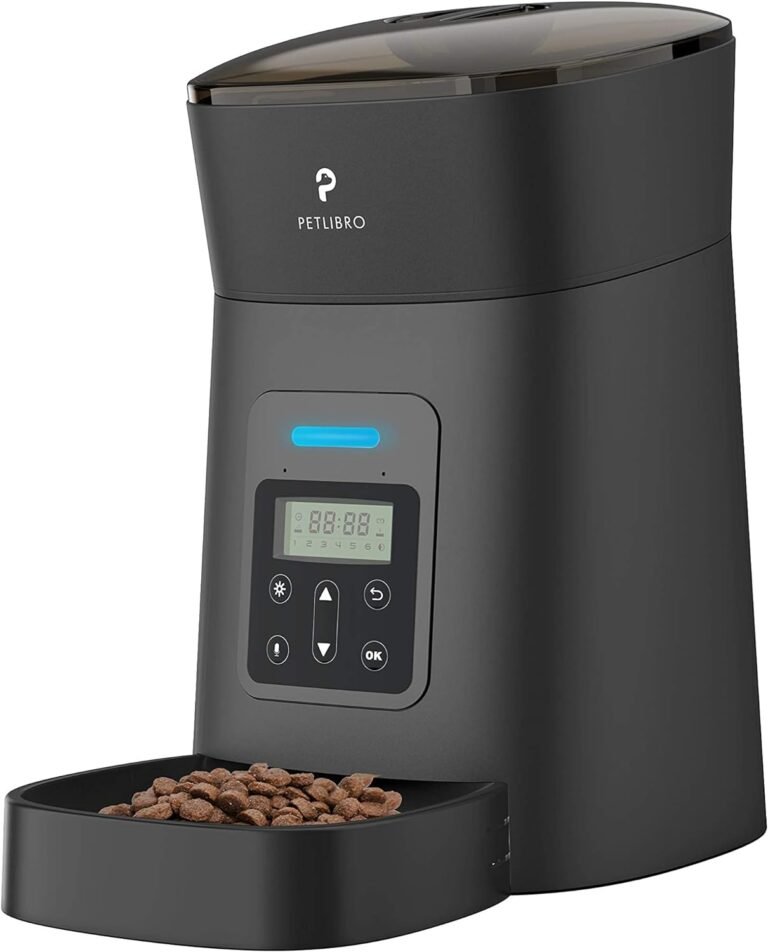Senior Pets and Seasonal Care: Special Considerations
As our pets age, it’s important to provide them with the special care and attention they need. In this article, we will explore the unique needs of senior pets and discuss the seasonal considerations that come with caring for them. We will also delve into their nutritional requirements and provide tips on exercise and mobility. Read on to discover how you can ensure the well-being of your beloved senior pet.
Key Takeaways
- Regular veterinary check-ups are crucial for detecting and managing health issues in senior pets.
- Choose a high-quality, age-appropriate diet for your senior pet to support their overall health.
- Consider making seasonal adjustments to your senior pet’s care to keep them comfortable in hot or cold weather.
- Supplements can help address specific age-related concerns in senior pets.
- Low-impact exercise and assistance with mobility can improve the quality of life for senior pets.
Understanding the Needs of Senior Pets

Physical Changes in Senior Pets
As your furry friend lives, they may experience changes in behavior, mobility, and overall health. One of the first signs of aging in cats is a decrease in energy levels. Your once playful and active cat may become less interested in playtime and more inclined to spend their days lounging around. Additionally, senior cats may experience weight loss, changes in appetite, and increased thirst. These changes could be indicators of underlying health issues such as kidney disease, diabetes, or hyperthyroidism. As cats age, they may also develop dental problems, arthritis, and vision or hearing impairments. Dental issues can cause discomfort and difficulty eating, while arthritis can lead to joint pain and decreased mobility. It’s important to monitor your senior cat’s health closely and consult with your veterinarian for proper care and management.
Mental and Emotional Needs of Senior Pets
Exercise and Mental Stimulation: While senior pets may not have the same energy levels as before, they still benefit from regular exercise and mental stimulation. Engage them in gentle activities that keep their minds sharp and their bodies active.
Comfortable Environment: Make sure your senior pet’s living environment is comfortable and accommodating. Provide them with a cozy bed, easy access to food and water, and minimize any obstacles that may hinder their mobility.
By addressing these essential aspects of senior pets’ lives, you can ensure their well-being and happiness.
Seasonal Considerations for Senior Pets

Keeping Senior Pets Comfortable in Hot Weather
During hot weather, it’s important to take extra care to keep your senior pet comfortable and safe. Here are some tips to help you ensure their well-being:
-
Stay Hydrated: Make sure your pet has access to fresh water at all times. Keep a water bowl in a shaded area and refill it regularly.
-
Provide Shade: Create a cool and shaded spot for your pet to relax in. This can be achieved by setting up a canopy or using a pet-friendly sunshade.
-
Avoid Overexertion: Senior pets are more susceptible to heat exhaustion and heatstroke. Limit their outdoor activities during the hottest parts of the day.
-
Protect Their Paws: Hot pavement can burn your pet’s paws. Avoid walking them on hot surfaces and consider using booties or paw balms for added protection.
Remember, your senior pet relies on you to keep them comfortable and safe during hot weather. By following these tips, you can help them enjoy the summer months without any discomfort or health risks.
Protecting Senior Pets from Cold Weather
Protecting pets from the harsh elements of winter involves thoughtful consideration of their clothing and exposure to outdoor conditions. Pet owners should invest in appropriate winter clothing for their furry companions, especially for breeds or individuals that may be more susceptible to the cold. This could include insulated jackets or booties to safeguard against freezing temperatures.
It’s important to be aware of the signs of hypothermia and frostbite in pets, particularly those with short coats or smaller breeds. These signs may include shivering, lethargy, weakness, slowed breathing and a lowered heart rate, pale or discolored skin, and swelling and pain in the affected areas. If you notice any of these signs, it’s crucial to take immediate action to warm up your pet and seek veterinary care if necessary.
Petkin Hemp Shampoo is a great option for bathing your pet during the winter months. It provides gentle cleansing and moisturizing to keep their skin and coat healthy. Remember to dry your pet thoroughly after bathing to prevent them from getting chilled.
In addition to clothing and monitoring for signs of cold-related conditions, creating a warm and cozy environment indoors is essential for senior pets. Make sure they have a soft, warm place to rest, and consider adding extra blankets, cushions, or fuzzy throws to their bed to provide insulation from cold floors. A pet-safe heated bed can also be a wonderful option for keeping them warm and comfortable.
Remember, the well-being of our senior pets is a top priority, especially during the colder months. By taking these precautions and providing them with the care they need, we can ensure their comfort and health throughout the winter season.
Managing Seasonal Allergies in Senior Pets
The winter season can exacerbate existing allergies or introduce new ones for senior pets. Common allergens include mold, dust mites, and indoor irritants. Symptoms of allergic reactions in senior pets may include itching, redness, sneezing, and digestive issues. Ensuring the well-being of senior pets during the winter season involves proactive measures, including regular grooming to eliminate potential allergens from their fur. This practice not only keeps their coats clean but also reduces the likelihood of allergic reactions triggered by substances such as mold and dust mites. Additionally, maintaining clean and well-ventilated living spaces can help minimize exposure to indoor irritants. If you notice any signs of allergic reactions in your senior pet, such as itching or redness, swelling, sneezing, runny nose, watery eyes, diarrhea, or vomiting, it is important to consult your veterinarian for proper diagnosis and treatment.
Nutritional Requirements for Senior Pets

Choosing the Right Diet for Senior Pets
Senior pets have different nutritional requirements compared to their younger counterparts. Opt for high-quality, age-appropriate pet food that supports their overall health and addresses specific age-related concerns. It’s important to feed your senior pet a nutritious diet that is easy to digest and provides the necessary nutrients. Consider consulting with your veterinarian to determine the best diet for your senior pet. Remember to make dietary changes gradually and monitor their health through regular veterinary check-ups. With proper nutrition and care, your senior pet will continue to bring joy and love into your life for years to come.
Supplements for Senior Pets
In addition to selecting the right dog food, you may also consider adding supplements to your older dog’s diet. Supplements can provide additional support for their specific health needs and help address any deficiencies that may arise with age. Joint Supplements: Older dogs are prone to joint issues such as arthritis. Joint supplements containing glucosamine, chondroitin, and MSM can help alleviate joint pain and improve mobility. Digestive Enzymes: As dogs age, their digestive system may become less efficient. Digestive enzyme supplements can aid in the breakdown and absorption of nutrients from their food, ensuring they receive the maximum benefit. Probiotics: Probiotics are beneficial bacteria that support a healthy gut. Adding probiotic supplements to your older dog’s diet can improve their digestion and boost their immune system. Omega-3 Supplements: If your older dog’s diet does not contain sufficient omega-3 fatty acids, you may consider adding a fish oil supplement. Omega-3 supplements can improve joint health, reduce inflammation, and support cognitive function. Always consult with your veterinarian about the best diet for your older dog. They may recommend a diet rich in protein, vitamins, and minerals to support your dog’s overall health and well-being.
Exercise and Mobility for Senior Pets

Low-Impact Exercise for Senior Pets
Walking is a fantastic low-impact exercise for older dogs. It provides an opportunity for them to get fresh air, explore their surroundings, and engage their senses. When walking your older dog, it’s important to keep their limitations in mind. Start with shorter walks and gradually increase the duration and intensity as their stamina improves. Be mindful of the terrain you choose, opting for flat surfaces to avoid putting excessive strain on their joints. Remember to bring water and take breaks when necessary.
Swimming is an excellent low-impact exercise that is easy on your older dog’s joints. The buoyancy of the water helps support their weight, reducing the impact on their bones and muscles. Swimming also provides a full-body workout, and suited to your older dog’s abilities.
Tips for Incorporating Low-Impact Exercises into Your Older Dog’s Routine:
- Start Slow and Gradual: It’s important to introduce new exercises gradually, allowing your older dog to build up their stamina and adjust to the activity. Begin with shorter durations and low intensity, gradually increasing as their fitness level improves.
- Be Consistent: Regularity is key when it comes to exercise for older dogs. Aim for daily exercise sessions, even if they are shorter in duration.
Swimming is an excellent low-impact exercise that is easy on your older dog’s joints. The buoyancy of the water helps support their weight, reducing the impact on their bones and muscles. Swimming also provides a full-body workout, and suited to your older dog’s abilities.
Assisting Senior Pets with Mobility Issues
As your senior pet ages, they may experience mobility issues and require assistance with tasks they once did effortlessly. It’s important to be patient, understanding, and provide the necessary support to ensure their comfort and well-being.
Here are some tips to help your senior pet with mobility:
-
Create a comfortable environment: Make sure your senior pet’s living environment is comfortable and accommodating. Provide them with a cozy bed, easy access to food and water, and minimize any obstacles that may hinder their mobility.
-
Invest in convenient devices: Consider using convenient devices such as orthopedic beds or ramps to make it easier for your senior pet to move around and rest comfortably.
-
Monitor their health: Keep a close eye on your senior pet’s health and consult with your veterinarian about pain management or other palliative care options, if necessary. Regularly check their vital signs and address any concerns promptly.
Remember, by providing the necessary support and making adjustments to their environment, you can help your senior pet maintain their mobility and overall well-being.
Exercise and mobility are crucial for the health and well-being of senior pets. At Whisker Wellbeing, we understand the importance of providing holistic and natural care for your furry companions. Our website, Whisker Wellbeing, is dedicated to offering a wide range of products that promote the physical and emotional well-being of pets. From CBD to hemp and other natural options, our products are designed to enhance the quality of life for senior pets. Visit our website today to explore our selection and give your beloved pets the care they deserve.
Conclusion
As the seasons change and your pet enters their senior years, it’s important to provide them with the special care they need. Regular veterinary check-ups, a nutritious diet, exercise, and mental stimulation are all essential for their well-being. Additionally, as autumn arrives, make sure to adjust their diet, groom them regularly, and schedule a routine vet check-up to address any potential health concerns. By following these guidelines, you can ensure that your senior pet stays happy and healthy throughout the year.
Frequently Asked Questions
What are the physical changes in senior pets?
Senior pets may experience changes in their vision, hearing, and mobility. They may also develop age-related conditions such as arthritis or dental issues.
What are the mental and emotional needs of senior pets?
Senior pets may require more mental stimulation to prevent cognitive decline. They may also need extra comfort and reassurance due to age-related anxiety or confusion.
How can I keep my senior pet comfortable in hot weather?
Provide plenty of shade and fresh water for your senior pet. Avoid exercising them during the hottest parts of the day and consider using cooling mats or vests.
How can I protect my senior pet from cold weather?
Keep your senior pet warm by providing them with cozy bedding and clothing if necessary. Limit their time outdoors in extreme cold and be mindful of icy surfaces.
What can I do to manage seasonal allergies in my senior pet?
Consult your veterinarian for allergy testing and treatment options. Keep your senior pet’s environment clean and free of allergens, and consider using hypoallergenic grooming products.
What should I consider when choosing the right diet for my senior pet?
Look for senior-specific pet food that is formulated to meet their nutritional needs. Consider any dietary restrictions or health conditions your pet may have.







